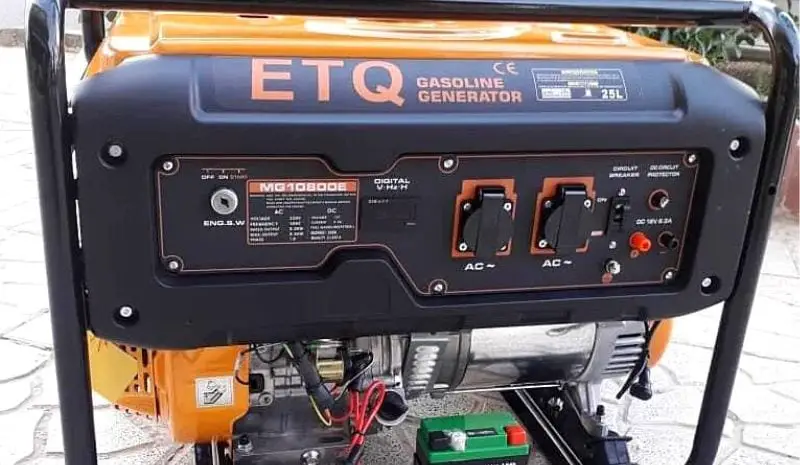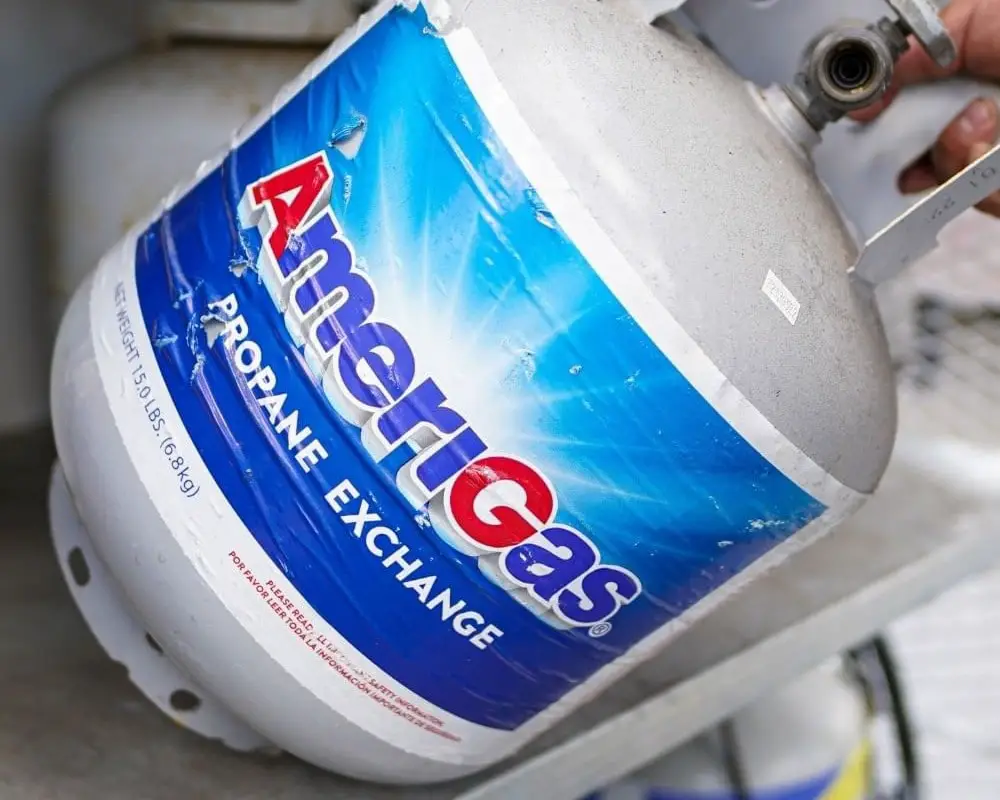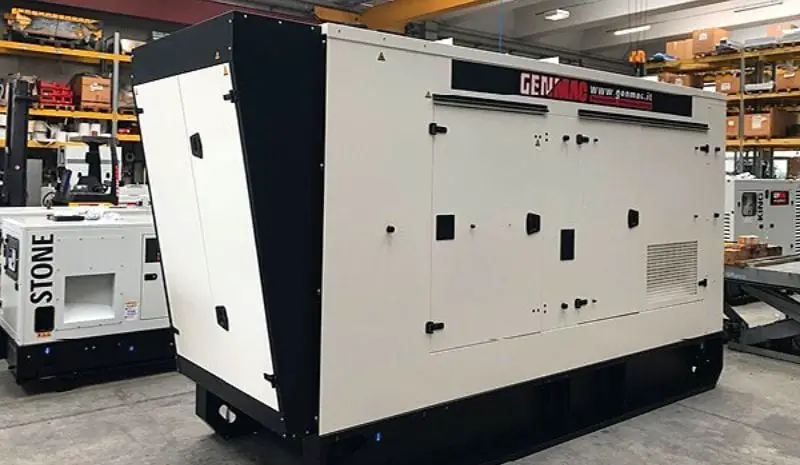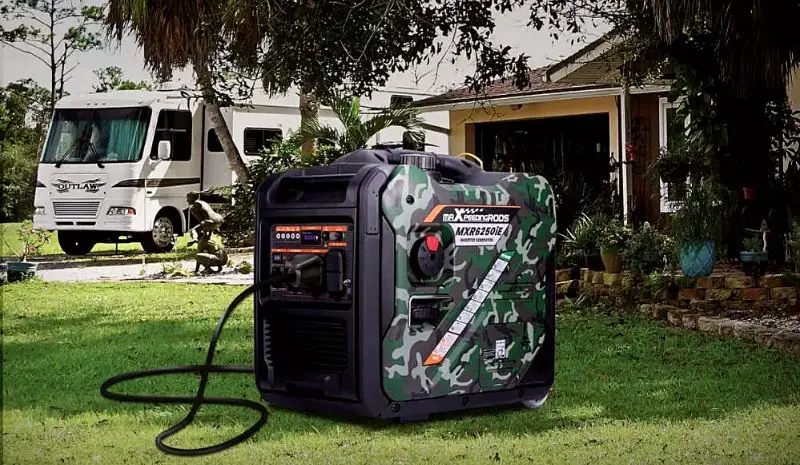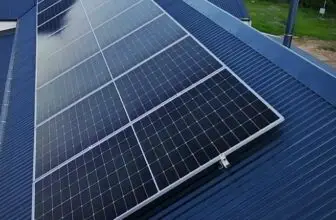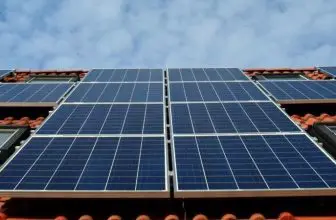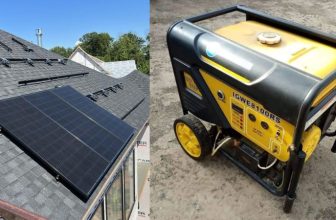
When looking to buy a generator, one of the most important decisions you’ll need to make is what type of fuel to use. There are a few different types of fuel available, each with its own benefits and drawbacks.
Generator Fuel Types
Contents
Gasoline
Gasoline is the most popular fuel option for generators, and for good reason. It’s relatively inexpensive, easy to find, and works well in a variety of different generator types. However, gasoline has a few drawbacks that you should be aware of.
First, gasoline is a volatile fuel, which means it can break down and go bad over time. If you’re planning on storing your generator for long periods of time, you’ll need to add a fuel stabilizer to help keep the gasoline fresh.
Second, gasoline is a dirty fuel, and it can gum up your generator’s engine if it isn’t used regularly. If you’re only going to use your generator occasionally, you might want to consider another fuel option.
- Gasoline is usually the most affordable fuel option.
- Gasoline generators tend to be smaller and lighter than other types, making them easier to transport.
- Gasoline has a shorter shelf life than other fuels, so you’ll need to make sure you keep fresh gasoline on hand.
- Gasoline generators can be louder than other types.
Propane
Propane is a popular alternative to gasoline, and it has a few advantages over its counterpart. First, propane is a clean-burning fuel, so it won’t gum up your generator’s engine the way gasoline can.
Second, propane is a very stable fuel, so it won’t go bad over time the way gasoline can. If you’re planning on storing your generator for long periods of time, propane is a great option.
Third, propane is a very efficient fuel, so you’ll get more power out of your generator for the same amount of fuel. Propane is also relatively inexpensive, making it a cost-effective option for generator fuel.
- Propane is a very clean-burning fuel, so it’s better for the environment than gasoline or diesel.
- Propane generators can run for a long time on a single tank of fuel.
- Propane can be more expensive than gasoline.
- You’ll need to have a propane tank on hand, which can be bulky and difficult to store.
Natural Gas
Natural gas is another popular generator fuel, and it has a few advantages over gasoline and propane. First, natural gas is an extremely stable fuel, so it won’t go bad over time the way gasoline and propane can.
Second, natural gas is a very clean-burning fuel, so it won’t gum up your generator’s engine the way gasoline can. Third, natural gas is a very efficient fuel, so you’ll get more power out of your generator for the same amount of fuel.
Natural gas is also relatively inexpensive, making it a cost-effective option for generator fuel. However, natural gas can be difficult to find in some areas, so it might not be a practical option for everyone.
- Natural gas is a very versatile fossil fuel and can be used for a variety of purposes.
- It is a relatively clean-burning fuel and produces less carbon dioxide than other fossil fuels.
- Natural gas is also abundant in many parts of the world and is relatively affordable.
- Natural gas is a fossil fuel, and its use can contribute to climate change.
- There is also the risk of gas leaks and explosions.
Diesel
Diesel is another popular generator fuel, and it has a few advantages over gasoline, propane, and natural gas. First, diesel is an extremely stable fuel, so it won’t go bad over time the way gasoline, propane, and natural gas can.
Second, diesel is a very clean-burning fuel, so it won’t gum up your generator’s engine the way gasoline can. Third, diesel is a very efficient fuel, so you’ll get more power out of your generator for the same amount of fuel.
Diesel is also relatively inexpensive, making it a cost-effective option for generator fuel. However, diesel can be difficult to find in some areas, so it might not be a practical option for everyone.
- Diesel generators are very efficient, so they can run for a long time on a small amount of fuel.
- Diesel is a very stable fuel, so it can be stored for long periods of time without going bad.
- Diesel generators tend to be larger and heavier than other types, making them difficult to transport.
- Diesel can be more expensive than gasoline.
Bi-fuel
Bi-fuel generators are essentially two generators in one. They can run on either gasoline or diesel fuel, depending on which is more readily available or less expensive. This can be a great way to save money, as you can switch back and forth between fuels as prices fluctuate.
There are a few things to keep in mind if you are considering a bi-fuel generator. First, they tend to be more expensive than single-fuel generators. This is because they are more complex and require more maintenance.
Second, you need to be sure that you have access to both types of fuel. If you only have one type of fuel available, you may find yourself stuck in a situation where you can’t use your generator.
Third, bi-fuel generators can be less efficient than single-fuel generators. This is because they have to run on two different types of fuel, which can lead to more emissions.
- The fuel efficiency of a bi-fuel generator is high.
- It is not as noisy as an average generator.
- It has low emissions.
- It is quite expensive.
- It is quite difficult to find replacement parts.
Propane vs Diesel Generator
If you’re shopping for a generator, you might be wondering if a propane generator or a diesel generator is the better option. Here’s a look at the pros and cons of the options of the generator to help you make the best decision for your needs.
Propane generators are typically more affordable than diesel generators. They’re also easier to maintain and operate, and they don’t produce as much noise. However, propane generators don’t typically have as much power output as diesel generators.
Diesel generators are more expensive than propane generators, but they’re also more powerful. They’re also more durable and reliable, making them a good choice for heavy-duty applications. However, diesel generators can be more difficult to operate and maintain than propane generators.
FAQ
How to Do Gas Electric Generators Work?
Gas electric generators work by converting the chemical energy in a fuel, such as natural gas, into electricity. The generator consists of a combustion chamber, where the fuel is burned, and a turbine, which is turned by the expanding gases from the combustion chamber. The turbine turns a generator, which produces electricity.
What Generators Is Energy Efficient?
The generators that are energy efficient are the ones that use the least amount of fuel to produce the power that they need. There are many different types of generators, but the most energy-efficient generator are the ones that use natural gas or propane. These types of generators are the most efficient because they use the least amount of fuel to produce the power that they need.
What Are the Best Types of Gas for Generators?
There are several types of gas that can be used for generators, including natural gas, propane, and gasoline. Natural gas is the most efficient type of gas, but it can be expensive. Propane is less expensive than natural gas, but it is not as efficient. Gasoline is the least expensive type of gas, but it is also the least efficient.
Conclusion
If you’re using a generator to power your home or business, you need to make sure you’re using the right type of fuel. The wrong fuel can damage your generator, and it can be dangerous.
When choosing a fuel for your generator, you need to consider the cost, the availability, and the safety. Gasoline is usually the best choice for most people, but diesel might be a better choice if you’re worried about safety.

